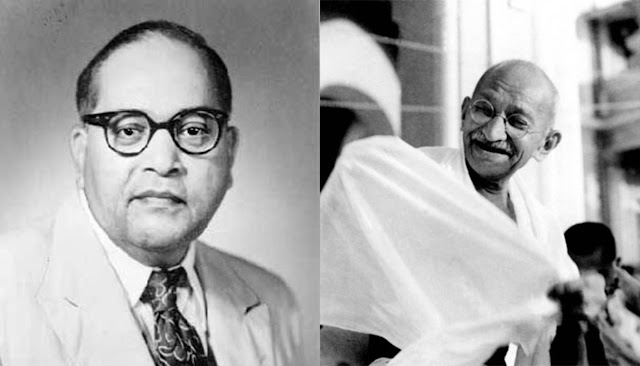The partition of India in 1947 marked one of the most significant events in the history of the country. The event divided the Indian subcontinent into two separate states, India and Pakistan, and resulted in one of the largest migrations in human history. This article will explore the events that led to the partition, its consequences, and the role of the Lok Sabha, the lower house of the Parliament of India, in the country's political landscape.
The Partition of India in 1947
1947 partition of india was a result of growing religious tensions between Hindu and Muslim communities in the country. The demand for a separate state for Muslims, led by the All-India Muslim League, gained momentum in the 1940s. On August 15th, 1947, India gained independence from British rule and was divided into two separate states, India and Pakistan. The partition resulted in widespread violence and mass migrations, with millions of people, including Hindus, Muslims, and Sikhs, crossing the newly-drawn borders in search of safety and security.
The Consequences of the Partition
The partition of India had far-reaching consequences for the country and its people. The widespread violence that accompanied the partition resulted in the loss of countless lives and the displacement of millions of people from their homes. The migrations also led to a significant shift in the demographic makeup of the two newly formed states, with large-scale population exchanges between India and Pakistan.
In addition to the human toll, the partition also had a significant impact on the economies of the two states. The sudden displacement of people and the loss of human capital resulted in a significant decline in economic activity in both India and Pakistan. Moreover, the partition also created a number of new border disputes between the two countries, which continue to this day.
What is Lok Sabha?
The Lok Sabha is the lower house of the Parliament of India and is comprised of elected members from various states and territories in the country. The Lok Sabha plays a crucial role in the legislative process, with members of the house responsible for representing the interests of their constituents and passing laws and regulations that govern the country.
The Lok Sabha is also responsible for holding the government accountable, through the process of questioning ministers and passing motions of no confidence. The Lok Sabha also plays an important role in the budget process, with members of the house responsible for reviewing and voting on the government's annual budget proposals.
The Importance of the Lok Sabha
The Lok Sabha is an important institution in the Indian political landscape, as it provides a direct link between the government and the people. Through the process of elections, the Lok Sabha represents the voice of the people and provides a platform for citizens to have their voices heard in the legislative process.
Furthermore, the Lok Sabha also serves as a critical check on the power of the government, through its role in holding ministers accountable and passing motions of no confidence. This helps to ensure that the government operates in the best interests of the people and helps to prevent abuse of power and corruption.
The Structure of the Lok Sabha
The Lok Sabha is comprised of 543 elected members, with representation from various states and territories in the country. The Lok Sabha operates under a first-past-the-post system, in which the candidate with the most votes in a particular constituency is elected as the representative for that area.
The Lok Sabha operates under a parliamentary system, with the Prime Minister serving as the head of government and the Speaker serving as the head of the house. The Lok Sabha meets regularly to discuss and vote on legislation, with sessions typically lasting several weeks at a time.






0 Comments